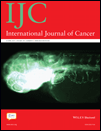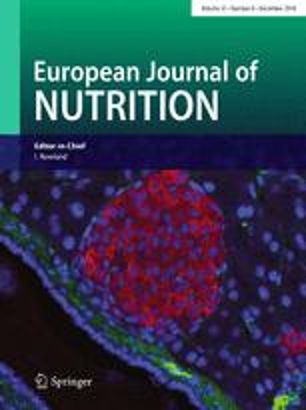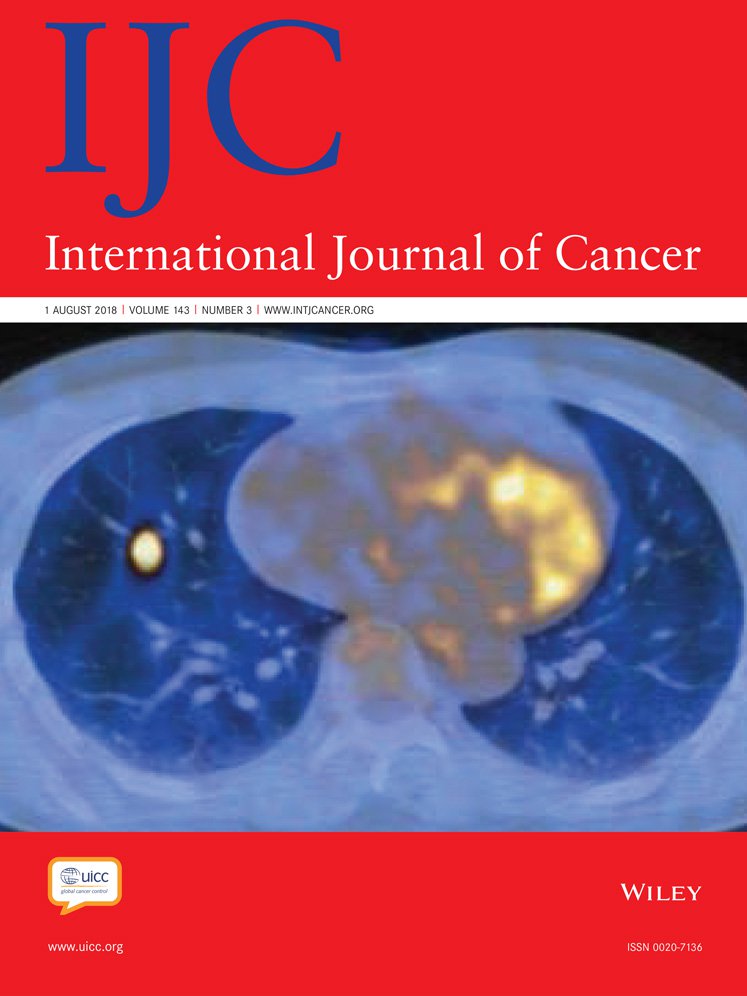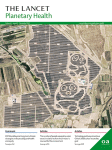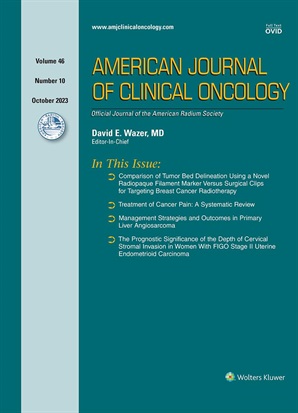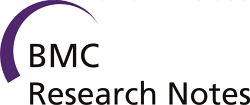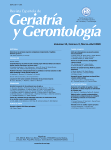Coffee, tea and melanoma risk: findings from the European Prospective Investigation into Cancer and Nutrition
n vitro and animal studies suggest that bioactive constituents of coffee and tea may have anticarcinogenic effects against cutaneous melanoma; however, epidemiological evidence is limited to date. We examined the relationships between coffee (total, caffeinated or decaffeinated) and tea consumption and risk of melanoma in the European Prospective Investigation into Cancer and Nutrition (EPIC). EPIC…



